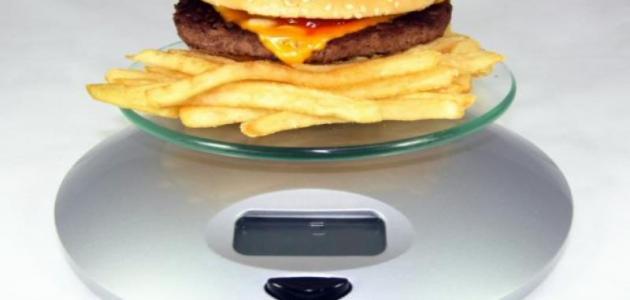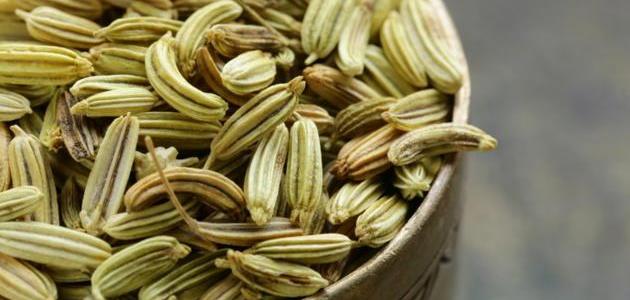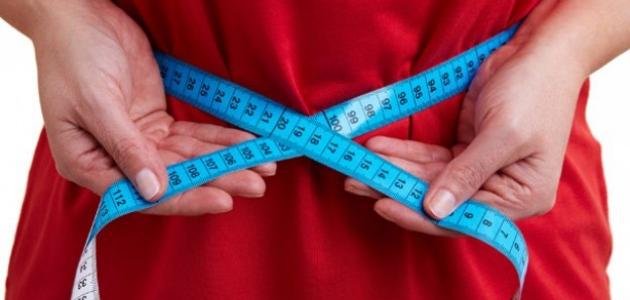Calories
Calculation of calories in food is one of the easiest and simplest things to do quickly when eating. It depends on simplifying the various dishes and returning them to their origin from the food groups. There are six categories or types of food groups: vegetables, starches, milk, meat, , And fruits. There is a minimum quota to be taken from each group so that the body gets its daily need of nutrients that keep it healthy and healing.
Daily calories
- Three servings of vegetables.
- Two pieces of fruit.
- Five servings of carbohydrates.
- Two pieces of milk.
- Two servings of meat.
- Three servings of fat.
These amounts are the minimum limits to be addressed in any diet, even if you want to lose weight; because hunger harmful to the body and weaken, and if the completion of the diet will restore the individual and regain the weight lost quickly; because the body wants to compensate for the lack of nutrients that While a balanced diet that does not deprive the individual of any food group even the fat group will help the individual to adhere to the diet permanently instead of several weeks or months only, thus maintaining the ideal weight and strength and wellness of the body.
This issue can be considered through two angles:
- Eat a few daily servings, starve the body, weaken it for several weeks or months, lose weight at the expense of health, and then gain weight again at the expense of health by increasing the number of rations, especially the group carbohydrates and fats, and this leads to damage the body.
- Do a diet or a balanced diet “lasting, not for several months”; where you do not deprive your body of what it needs, and maintain a constant weight does not change over time.
It should be noted that these are the “minimum” limits to be taken from each group, and can be increased according to the same person, where men need calories more than women, and as pregnant women need more calories than non-pregnant women, and the individual regardless of sex if He was active and sporty who might need more calories than others, depending on the amount of activity; such as exercising half an hour three times a week, an hour three times a week, or an hour or several hours each day.
The amount of calories
- One serving of vegetables: 1 cup of uncooked vegetables or half a cup of cooked vegetables. (Such as a glass of cucumber, or half a cup of cooked green beans).
- One serving of fruit: equivalent to half a cup of fruit, or a small grain of fruit, or a quarter cup of fresh juice, or a quarter cup of dried fruit. (Such as a small apple or a small banana, or half a cup of pomegranate or grape).
- One serving of starches: Half a small loaf of bread, or five large loaves of bread, one slice of toast, or half a cup of cereal and legumes, such as frike, chickpeas, lentils, corn, or half a cup of pasta , One-third cup of rice, half a cup of grilled potatoes, or a glass of pumpkin or pumpkin.
- One serving of milk: equivalent to a glass of liquid milk, or half a cup of yogurt.
- One serving of meat: 1 egg or 30 grams of meat (chicken, lamb, beef, fish, etc.) or 30 grams of cheese or 1/4 cup of milk.
- 1 tablespoon of fat: 1 teaspoon of vegetable oil, 1 teaspoon of butter, 2 large tablespoons of cream, 8 pieces of olive, 2 tablespoons of tahini, or 6 nuts of almond or hazelnuts Of seeds such as sunflower seeds.
Note that each lot is equal to or equal to one of the alternatives mentioned, not all of them from each group.
Calories in food rations
- The share of vegetables contains 25 calories.
- The share of fruit contains 60 calories.
- The share of carbohydrates contains 80 calories.
- The share of milk contains 150 calories.
- The share of meat contains 75 calories, and may increase or decrease in the case of increase or decrease the proportion of fat, such as the removal of chicken skin, or leave a lot of white fat on the lamb meat.
- Share fat: contains 45 calories.
- Other foods: containing 60 calories: a tablespoon of honey, a teaspoon of sugar, a tablespoon of jam, half a cup of plain, or a tablespoon of the diameter (sherbet).
Note that from the above we find the minimum daily number of quotas; it is equivalent to 1200 calories, and therefore the minimum daily calorie even in the case of a diet to lose weight, and in normal cases (without diet to lose weight) the person usually increases the number of starch and fat, He adds some other foods such as sugar, or jam to his daily diet, and increases them to become daily calories between 1600 to 2500, and varies between men and women and athletes as mentioned earlier.
Calculation of calories in food
Here are some dishes that are illustrative examples of previous information:
- Serving half a cup of eggplant seasoned with a loaf of bread: equal to a portion of the eggplant, a portion of the fat (tahini) and two slices of bread (baguette), making it equal to 25 (vegetables) + 45 (fat) + 80 + 80 (bread) = 230 calories for the meal. Note that adding more calories to fat if you add olive oil, and that equals 45 calories per teaspoon.
- A dish of one and a half cups of averted flower with a quarter of a chicken (a ship or a thigh): a slice of vegetables (a flower), three servings of rice, two portions of fat (inverted oil), three servings of chicken, Making it equal to 25 + 80 + 80 + 80 + 45 + 45 + 75 + 75 + 75 = 580 calories for the dish.
Thus, we can calculate calories in all dishes by returning them to their origin, returning each component to the group to which they belong, then calculating the number of servings, and then calculating the calories in each serving.



